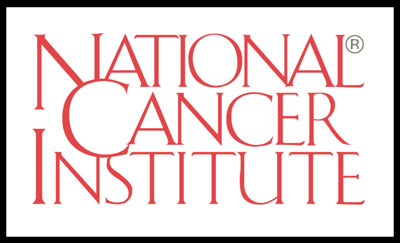The Research Domain Criteria (RDoC) unit of the National Institute of Mental Health (NIMH), the Delaware Project (DP), and the Association for Behavioral and Cognitive Therapies (ABCT) have created a webinar series focused on the science-to-service pipeline within the fields of psychology and psychiatry. This series aims to bring a collaborative, interdisciplinary approach to understanding the connections between basic science, translational research, and intervention and how these connections may be utilized in a way that moves these fields forward.
The second webinar took place on November 17, 2016, and focused on the concepts of fear and anxiety within psychological disorders such as depression and phobias. This webinar featured Dr. Stewart Shankman, Dr. Alicia Meuret, and Dr. Shannon Wiltsey-Stirman and was moderated by Dr. Timothy Fowles. Discussions focused on the neurophysiology of fear and anxiety, the implications of these neurophysiological mechanisms in treatment trials, and the application of these interventions within clinical settings.
The second webinar took place on September 26, 2017, and examined function and dysfunction within reward systems and how these processes manifest in constructs such as anhedonia. This webinar featured Dr. Greg Hajcak, Dr. Dana McMakin, and Dr. Mary Beth Gibbons and was moderated by Dr. Ryan Beveridge. This webinar included discussions on the pathological mechanisms underlying anhedonia, treatment techniques targeting these mechanisms, and challenges facing the dissemination and implementation of these evidence-based strategies.
The third webinar took place on April 12th, 2019, and focused on understanding and treating the complexity and heterogeneity of suicide. This webinar featured Dr. Matthew Nock, Dr. Lisa Pan, and Dr. David Brent, and was moderated by Dr. Timothy Fowles. This webinar included a discussion of how to apply research to the psychobiological constructs relevant to suicide, using imaging and metabolomic markers to predict the risk of suicide, and exemplars of interventions that work for suicide and the potential mechanisms underlying such treatments.
Watch the first webinar here:
And the second here:
And the third below:

